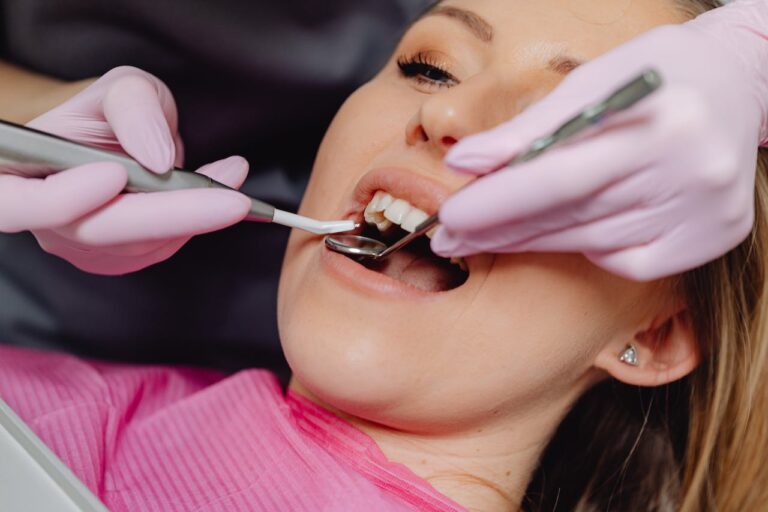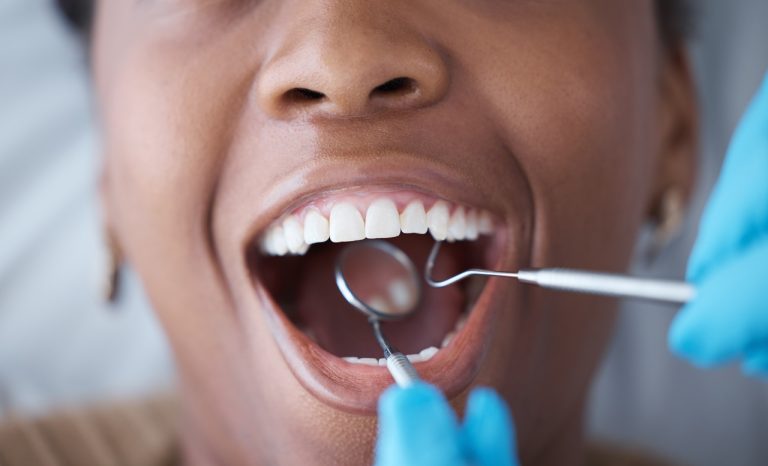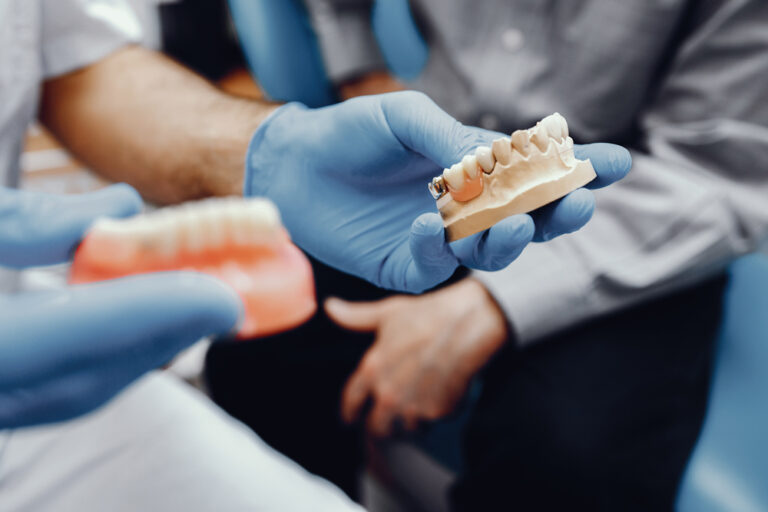Diabetic patients face unique challenges when it comes to oral health and gum care. High blood sugar levels can have a direct impact on gum health, increasing the risk of gum disease and other oral health complications. For diabetic patients, maintaining a healthy mouth is crucial not only for their oral well-being but also for their overall health. That’s where the expertise of Colorado Gum Care Northglenn, CO comes in.
In this article, our experts will provide invaluable tips and recommendations to help diabetic patients manage their gum health effectively. From daily oral hygiene and preventive measures to understanding the connection between diabetes and gum disease, we will help you navigate the complexities of gum care as a diabetic patient. Additionally, we will acquaint you with the specialized services provided by Colorado Gum Care Northglenn, CO, ensuring that you receive the appropriate care and support you need to maintain excellent oral health and stable diabetes control.
1. Understanding the Connection Between Diabetes and Gum Health
Diabetes and gum health share a bidirectional relationship. Uncontrolled blood sugar levels can lead to weakened defense mechanisms, making diabetic patients more prone to oral health issues like gum disease. On the other hand, gum disease and chronic inflammation can contribute to the worsening of blood glucose control and hinder proper diabetes management.
When blood sugar levels are consistently high, the natural ability of saliva to wash away bacteria is impaired, creating a more favorable environment for bacterial growth. This, in turn, can lead to gum inflammation, also known as gingivitis. If left untreated, gingivitis can progress to a more advanced form of gum disease called periodontitis, involving the destruction of gum tissue and surrounding bone structure.
2. Daily Oral Hygiene: Establishing a Solid Routine
A consistent and thorough oral hygiene routine is crucial for diabetic patients in maintaining gum health and preventing gum disease. Following these daily practices can help keep gum inflammation and infection at bay:
- Brushing: Brush your teeth twice a day using a soft-bristled toothbrush and fluoride toothpaste. Diabetic patients should pay attention to the gum line while brushing, ensuring the removal of plaque and food debris. Consider using a toothpaste specifically formulated for gum health.
- Flossing: Floss at least once a day to remove plaque and food particles that are trapped between teeth and below the gum line, where brushing alone might not reach. Some diabetic patients might find flossing more comfortable with waxed floss or dental floss picks.
- Rinsing: Use an antimicrobial or alcohol-free mouthwash to rinse your mouth daily. This can further help reduce bacteria responsible for gum inflammation and infection.
3. Regular Dental Checkups and Professional Cleanings
Diabetic patients should visit their dentist for checkups and professional cleanings every three to six months, or as recommended by their dental professional. During a checkup, your dentist will assess your oral health and identify any potential issues. Professional cleanings help remove hard-to-reach plaque and tartar that can contribute to gum disease. Remember to inform your dentist about your diabetic condition so that they can devise an appropriate treatment plan tailored to your needs.
4. Blood Sugar Control: An Additional Layer of Protection
Managing and maintaining your blood glucose levels within the target range is vital to your overall health, including your gum health. Proper diabetes management not only helps reduce the risk of gum disease but can also improve the response of your gum tissue to periodontal therapy. Be sure to work closely with your healthcare provider to develop a personalized diabetes management plan.
5. Healthy Diet and Nutrition
Following a well-balanced diet low in added sugar and high in nutrients is essential for both diabetes and gum health. Consuming nutrient-rich foods full of antioxidants, vitamins, and minerals can help manage blood sugar, improve healing processes, and support oral health. Be sure to include the following in your diet:
- Fruits and vegetables: Rich in vitamins and antioxidants, these can help improve gum health and prevent inflammation. Opt for fresh fruits, leafy greens, and a variety of colorful vegetables.
- Lean proteins: Include lean proteins such as chicken, turkey, fish, and low-fat dairy. These sources provide minerals like calcium and phosphorus essential for strong teeth and bones. Omega-3 fatty acids found in fish like salmon can help reduce gum inflammation.
- Whole grains: Whole grains such as brown rice, quinoa, and whole-wheat bread provide essential nutrients and help regulate blood sugar levels, reducing the risk of gum disease.
6. Recognizing the Early Signs of Gum Disease
Diabetic patients must be aware of the early signs of gum disease so that prompt intervention and treatment are possible. Some indicators of gum disease include:
- Swollen, red, or tender gums
- Bleeding during brushing or flossing
- Persistent bad breath or an unpleasant taste in the mouth
- Receding gums
- Loose teeth
If you notice any of these symptoms, consult your dental professional immediately for further evaluation and management.
7. Specialized Care at Colorado Gum Care Northglenn, CO
At Colorado Gum Care Northglenn, CO, we understand the unique dental health needs of diabetic patients. Our team of experienced professionals is dedicated to providing comprehensive dental care with a focus on gum health. We offer personalized treatment plans that take your diabetic condition into account and leverage the latest dental technologies to ensure optimal oral health and improved diabetes control.
By incorporating these strategies and forming close collaborative relationships with your dental and healthcare professionals, managing your gum health as a diabetic patient becomes simpler and more efficient. This proactive approach to oral care can help diabetic patients maintain healthy gums and better overall health in the long run.
Prioritize Your Gum Health as a Diabetic Patient
For diabetic patients, taking control of gum health is crucial in safeguarding both oral and overall well-being. Implementing a consistent daily oral hygiene routine, maintaining blood glucose levels, embracing a healthy diet, and staying vigilant for early signs of gum disease can make a significant difference in preventing oral health complications. Regular dental checkups and specialized care from dental experts, like Colorado Gum Care Northglenn, CO, ensure comprehensive support and guidance tailored to your unique situation.
Don’t let diabetes stand in the way of your gum health. Take the first step towards a healthier mouth by scheduling an appointment with our skilled periodontist in Westminster at Colorado Gum Care Northglenn, CO. Together, we will work towards achieving optimal oral health, paving the way for improved diabetes management and overall wellness.







